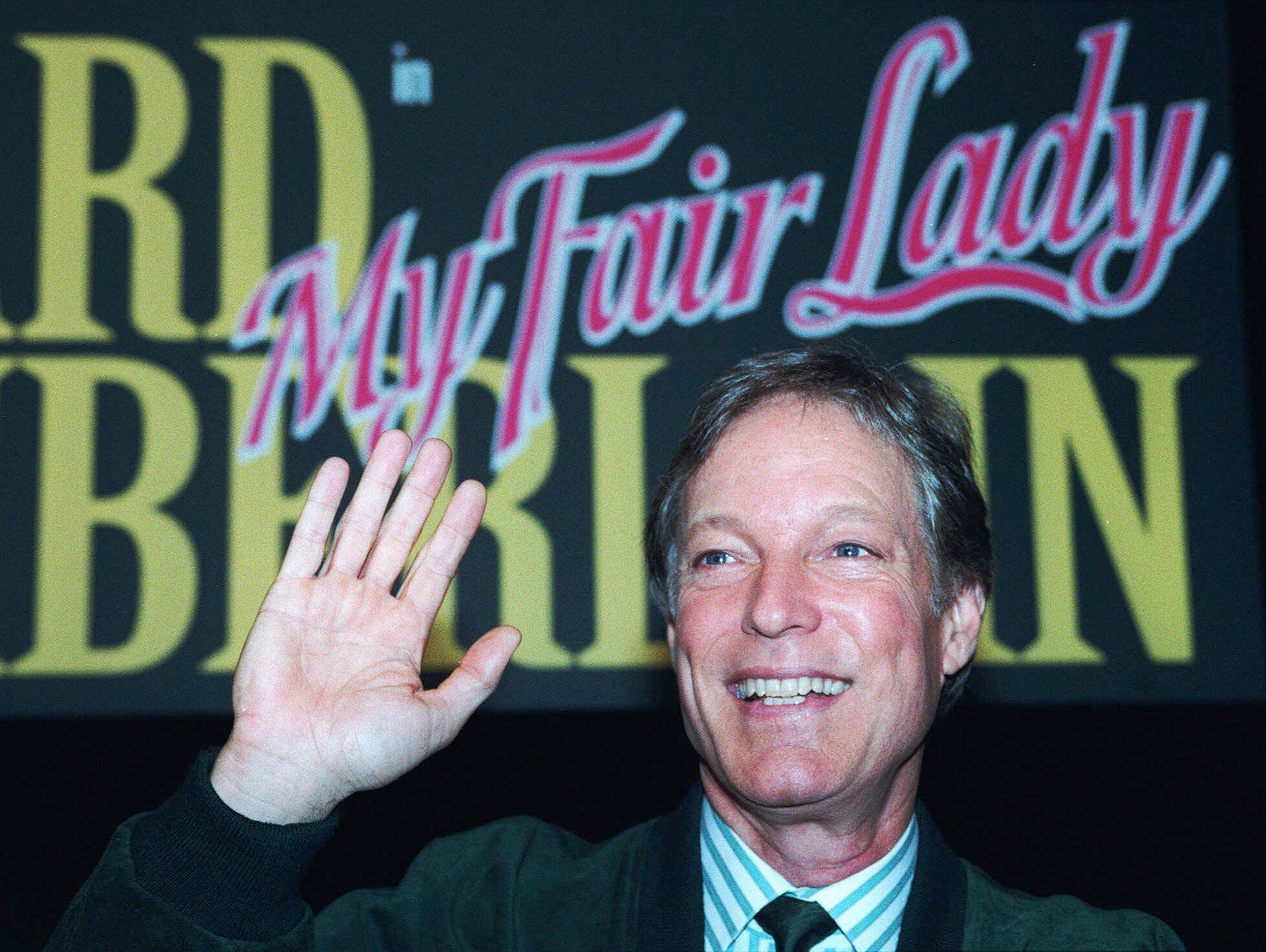"Our beloved Richard is now with the angels. He is free and soaring towards his loved ones. How lucky we were to have known such a wonderful and loving soul. And our love is under his wings, propelling him towards his next great adventure." Starring in The Thorn Birds leaves a lasting impact even after death.
Richard Chamberlain passed away on Saturday at the age of 90, as confirmed by his partner of 30 years, actor and writer Martin Rabbett, with a heartfelt dedication. The actor died in Hawaii due to complications from a stroke.
Despite his apparent success, Richard Chamberlain's life was always marked by frustration, both professionally and personally. He rose to fame in 1961 playing Dr. James Kildare in the groundbreaking medical series of the same name. His success was meteoric, turning him into a teenage idol. The Guardian stated that the 27-year-old actor seemed "sculpted by a loving God with butter, honey, and grace."
That same God would elevate him to international stardom by portraying a priest in love in The Thorn Birds, the daring production that challenged the most sacred precepts of the Catholic Church in 1983, following his unstoppable rise to fame with his role as an English navigator in 17th-century Japan in Shogun in 1981.
For decades, Chamberlain was one of the most desired actors, with an image that also made him the perfect son-in-law, a public mirage that he had to maintain despite the inner turmoil he experienced. In 2003, at the age of 69 and feeling free to speak without jeopardizing his well-established career, he revealed in his autobiography Shattered Love that he was homosexual.
There had been rumors in the past, and even the French magazine Nous Deux had dared to out him. His two known partners were actor and producer Wesley Eure and also actor Martin Rabbet, the only person he married. They began their relationship in 1977 and exchanged vows in 1984, amicably divorcing in 2010.
For much of his life, Richard Chamberlain admitted to pretending to be someone else. "Growing up in the 30s, 40s, and 50s being gay, it was not just difficult, but simply impossible," he told the New York Times in 2014. "I assumed there was something terribly wrong with me. Even after becoming famous, it was still there." After publicly revealing his homosexuality, he felt relieved. "I was no longer afraid," he said in 2019. "It was a wonderful experience. People were open, kind, and sweet."
Dubbed "the king of miniseries" in the 80s, he received acclaim in theater roles ranging from Professor Henry Higgins in My Fair Lady and Captain von Trapp in The Sound of Music to Hamlet and Richard II by Shakespeare. However, despite brief forays into the big screen with Julie Christie in Petulia (1968) and The Madwoman of Chaillot (1969) with Katherine Hepburn, he never managed to establish himself as a film actor and his career always remained that of a television star.
His versatility earned him four Emmy nominations for Shogun and The Thorn Birds, as well as for his portrayal of Swedish diplomat Raoul Wallenberg in Wallenberg: A Hero's Story (1985) and for the leading role in the 1975 TV movie The Count of Monte Cristo.
The actor published a book of haiku poetry in 2012 and narrated special environmental documentaries for the Audubon Society, a beacon of environmental journalism.
He had been living in Hawaii for years. "Love never dies," Rabbet concluded his dedication to the memory of Richard Chamberlain, the love of his life.
